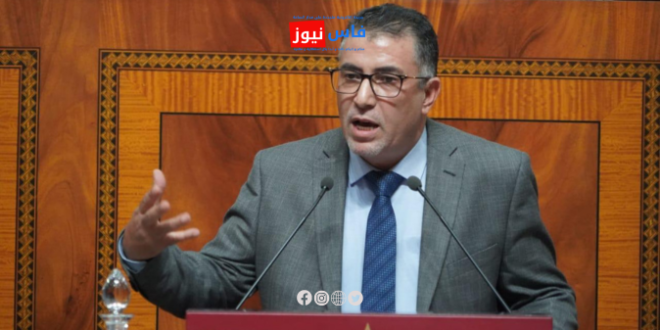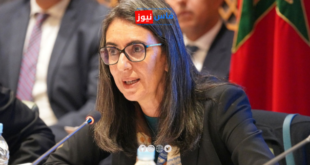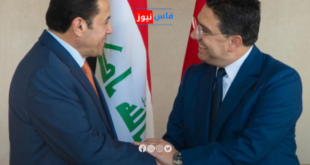The Progress and Socialism Party group in the Moroccan Parliament has introduced a bill aimed at setting the digital age of consent in Morocco at 16 years. This proposal comes in response to growing concerns about the safety of children and adolescents online and the protection of their digital privacy.
Key points of the proposed bill:
- Sets the digital age of consent at 16 years, the age at which individuals can legally consent to the use of their personal data by telecommunications and digital service providers, including social media platforms.
- Requires explicit consent from parents or legal guardians for processing personal data of children under 16 years of age.
- Charges the National Commission for the Control of Personal Data Protection with ensuring compliance with procedures and measures for processing personal data of children below the digital age of consent.
- Aims to update Law No. 09.08 concerning the protection of individuals with regard to the processing of personal data, which has been in effect for over 14 years.
This proposal is based on recommendations from Morocco’s Economic, Social and Environmental Council, which called for updating the national legal framework to align with international standards on children’s rights, especially in light of rapid developments in the digital environment.
The main objective of this law is to protect children from risks associated with accessing the digital environment, such as exploitation of personal data, cyberbullying, and exposure to inappropriate content. It also aims to promote digital responsibility among children and encourage them to use their personal data consciously and cautiously.
This proposal comes in the context of global efforts to regulate children’s use of the internet and social media. For comparison, Germany and Ireland set the digital age of consent at 16 years, while France and Italy set it at 15 years, and Spain and the Netherlands at 13 years. In the United Kingdom and the United States, this age is 13 years.
If approved, this law will come into effect immediately upon its publication in the Official Gazette, representing an important step towards enhancing child protection in the digital age in Morocco.
 فاس نيوز ميديا جريدة الكترونية جهوية تعنى بشؤون و أخبار جهة فاس مكناس – متجددة على مدار الساعة
فاس نيوز ميديا جريدة الكترونية جهوية تعنى بشؤون و أخبار جهة فاس مكناس – متجددة على مدار الساعة













